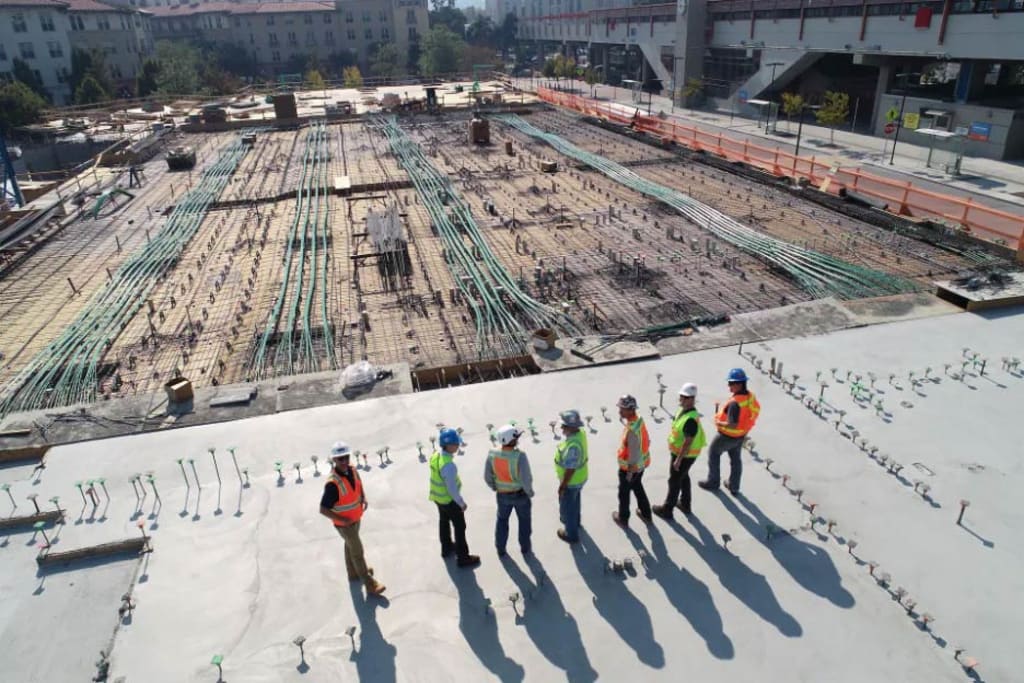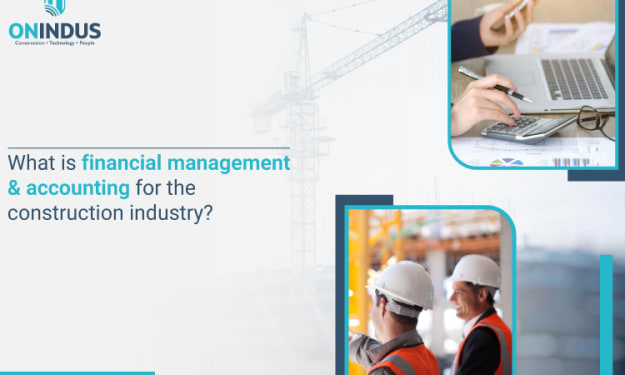
A construction project might run into a lot of difficulties. It is the responsibility of project managers to maintain a site's efficiency, safety, timeliness, and budget. This demand can be very challenging at times. One survey claims that most construction projects have severe delays while other projects exceed the budget.
How then can project managers get ready for such delays and budget problems, and what is causing them? Here are typical issues that arise throughout the construction industry along with some proactive solutions to overcome them. Let us understand what the challenges in the construction industry are. Some of the factors that affect the construction industry are as follows:
• Lack of Risk Management
Project managers frequently implement precautions for long-term risk. But frequently, short-term problems are not taken into consideration. These problems have the potential to grow quickly and seriously affect the bottom line. Any apparently trivial problem, such as unreliable subcontractors, scheduling difficulties, or shifting stakeholder preferences, has the potential to sabotage a project. Therefore, it is crucial to have a contingency plan. Schedule some flexibility, and invest in initiatives like safety procedures and learning to prevent any potential problems.
• Inadequate Structure
It is challenging to do tasks effectively without defined objectives. If people don't have a clear goal to reach, a construction project may quickly lapse, run over budget, or sometimes both. And without these objectives, it can be challenging to hold team members accountable for their contributions to a project. Construction project management includes performance management as a critical component. They all need specific duties to complete in order to put this into practice and keep everyone focused. Break down larger, project-wide objectives into more manageable, everyday goals for people to reach. If something is left incomplete for a single day, it will only get worse the next. Using established procedures, hold people accountable. You can prevent the entire project from falling apart this way.
• Unrealistic Forecasting
Significant requests may be made by some stakeholders. There may be difficulties associated with their expectations, whether they require a project finished quickly or on a tight budget. While a competent project manager can accomplish some tasks, others are just impossible. Spending toward impossible goals can actually reduce productivity; why put yourself through unnecessary stress by working extra hours when you'll still lapse? It is possible that this forecasting, like risk management, places more of an emphasis on the long term than the short term. To determine whether those predictions are genuinely attainable, break them down into quarterly, weekly, and daily objectives.
• Deferred Cash Flow
Invoicing is a common but occasionally obsolete practice in the construction industry. Additionally, late payments could have a detrimental effect on a company's financial flow. As a result, funding sources for other projects may run dry and there may be delays. As a result, invoicing procedures must change. Construction businesses may make sure that cash flow somehow doesn't adversely influence other projects by using enhanced construction software.
• Lack of labour
The truth is that the construction sector is struggling to find enough talent to keep up with the demand. Compared to merely 15% of workers who are younger, 27% of construction industry personnel are much older. The older generation of construction workers is leaving the industry and retiring more quickly than they are replacing them. As opposed to previous generations, tech-savvy millennial are not rushing into the construction industry, which may generate problems for businesses as they try to meet the demand. Things will only get worse as a result of the lack of variety and the uncertainty surrounding immigration reform.
• Adoption of latest technology
The adoption of the latest technology is clearly slow in the construction sector as a whole. Even though they are aware of the many advantages that technology may offer for managing their business and building projects, company owners tend to disinvest in technology, according to countless studies and polls over the years.
In the construction business, BIM, telematics, mobile devices, and software programmes have all been in use for a while. The construction industry is adapting the latest technologies including VR and AR, robotics, drones, 3D printing, IoT, wearable, and autonomous vehicles. Many of these technologies can be utilised to help the building sector overcome these additional problems.
What are the technical problems in the construction industry that are not understood by all? Basically, to compete in the market, contractors nowadays need to integrate technology and tools. Property owners and builders are increasingly incorporating green initiatives into their business structures. These goals are carried over into their facilities and construction projects, which is what is driving the green building movement. Long gone are the days when you could just load up your vehicle with your hands and show up at a building site ready to cut some wood and drive some nails.
Contractors these days require incorporating technology and tools to compete in the market. Contractors agree that industry-wide risks of growing material and labour costs are significant, therefore the additional expense of incorporating technology frequently causes hesitation.
So how we are helping customers? It makes sense to concentrate on customer acquisition when you are beginning a construction firm. In addition to being your finest source for reviews and a potential source of repeat business, your existing customers can also help you generate new business through recommendations. Customer feedback monitoring is the most popular definition of customer support.
Conclusion
The construction sector is presently witnessing an intriguing phase. The past few years have seen rapid growth, and the present level of construction investment is record-breaking. Despite surviving the Great Recession, the construction industry continues to face issues. Construction companies face a number of difficulties, including rising labour and material prices, labour issues, more competition, and declining profit margins. Additionally, there are new laws and guidelines that business owners need to be aware of, such as the latest tax reforms, changes to building codes, and certain building restrictions.
About the Creator
OnIndus
OnIndus one of the best industry veterans with combined technology and construction software experience it was founded in 2018, The main focus of OnIndus is develop software and training, business automation for construction industry.






Comments
There are no comments for this story
Be the first to respond and start the conversation.